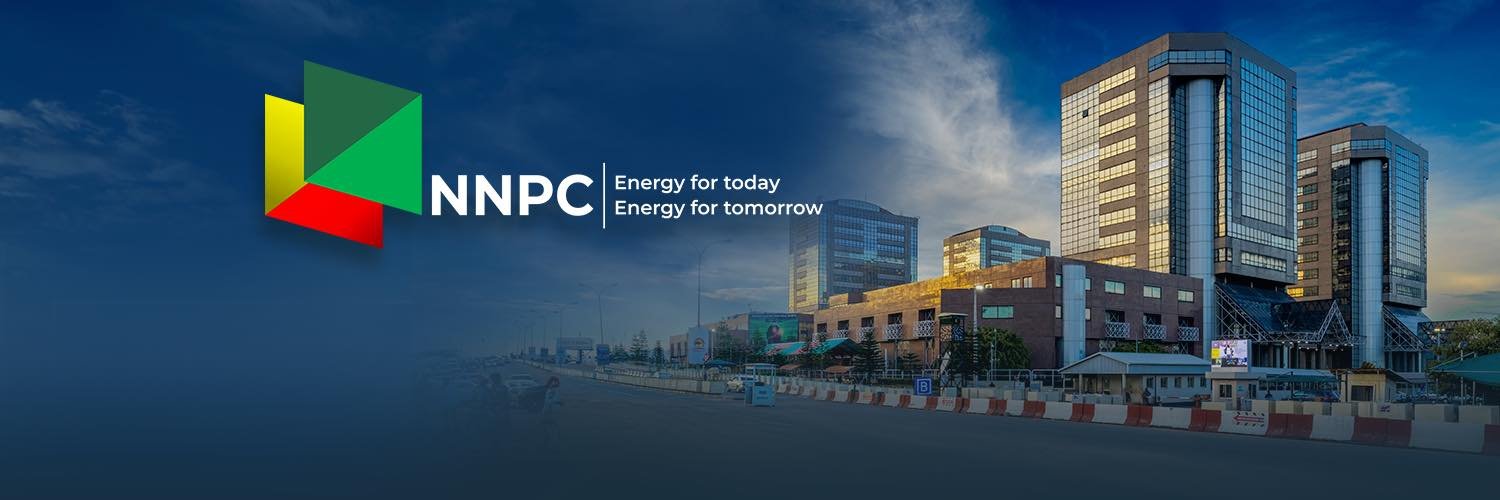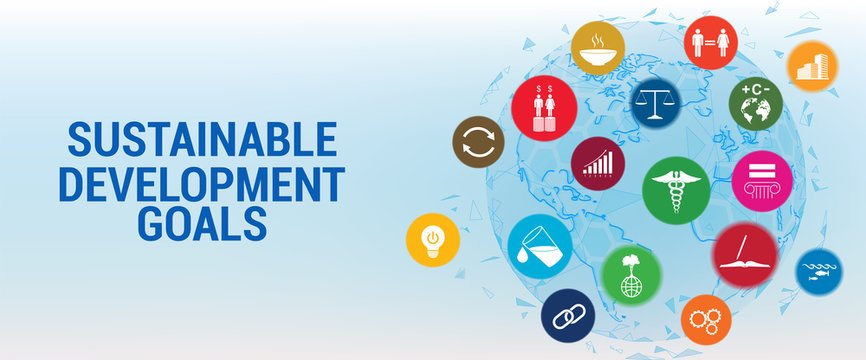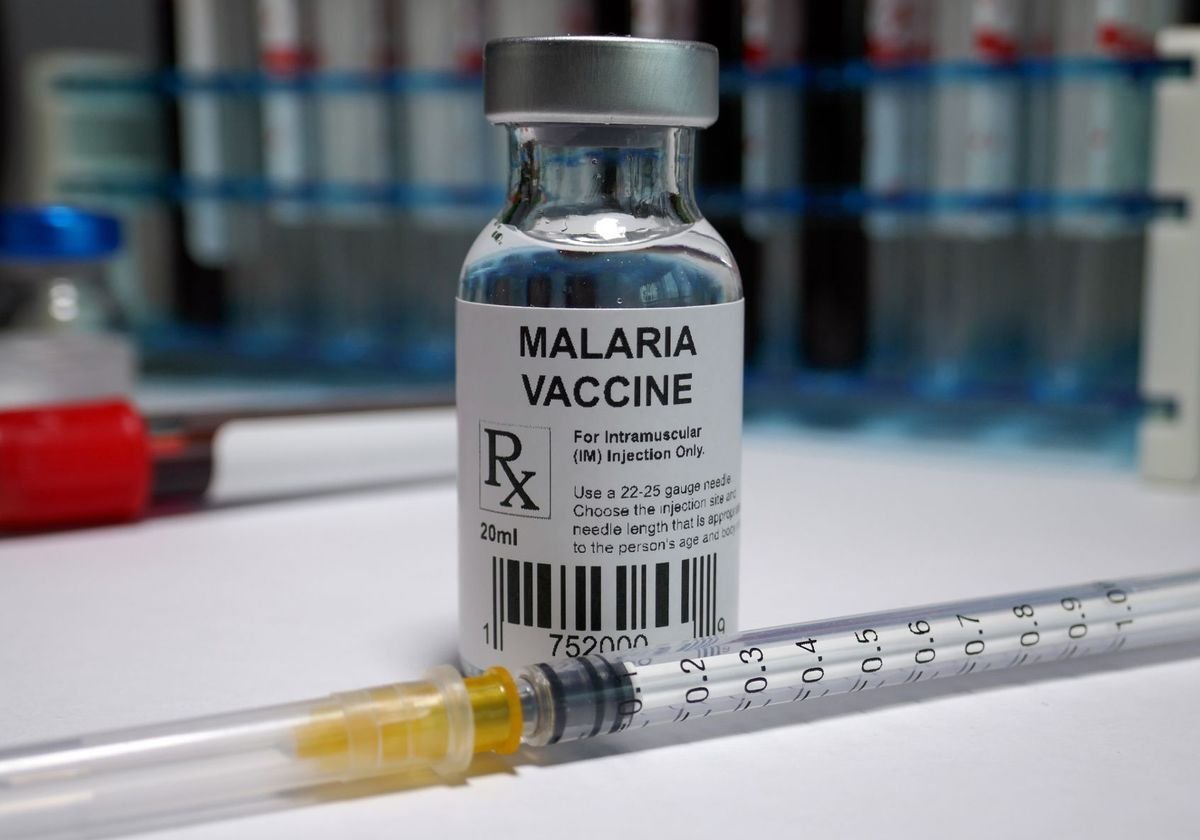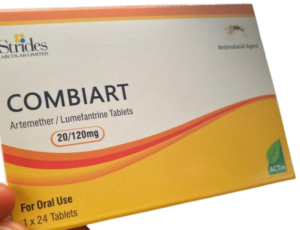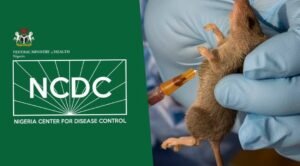From Fred Ezeh, Abuja
Gavi, the Vaccine Alliance, has donated 846,200 doses of malaria vaccine to the Federal Government for the pilot phase of the malaria vaccine administration.
Kebbi, Bayelsa states have been selected as the pilot states for the vaccination due to their peculiar cases as regards malaria prevalence.
Coordinating Minister of Health and Social Welfare, Prof. Muhammad Ali Pate, took delivery of the consignment in Abuja on Thursday.
He said the arrival of the vaccines marks the beginning of a new trajectory in the fight against malaria, commending the WHO, UNICEF and other development partners for the great role they have played over the years to the reality of the dream.
He said: “Undoubtedly, Nigeria has a high malaria burden, and we are committed to bringing down the burden, hence the Rethinking Malaria Conference that was held early in the year.
“As we try to improve the primary healthcare services, we won’t relent in tackling several other communicable and non-communicable diseases. We have enjoyed the support of the President, and we promise that more progress will be recorded with the support and collaboration of all stakeholders through the platform of the Sector-Wide Programme Coordination.”
Executive Director, National Primary Healthcare Development Agency (NPHCDA), Dr. Muyi Aina, said the arrival of the R21/Matrix-M malaria vaccine from Gavi is a testament to the government’s commitment to protecting the lives of Nigerians.
He announced that the initial rollout would target two states, Bayelsa and Kebbi, chosen due to their high malaria burden and logistical challenges.
He said: “In Bayelsa, which has significant riverine areas, reaching remote communities has been a challenge for health interventions, but the strengthened healthcare systems and enhanced cold chain capabilities are expected to ensure the vaccine reaches even the most isolated populations.
“The vaccine will be administered to children aged five months to 15 months as part of routine immunisation. Each child requires four doses, given at 5, 6, 7, and 15 months of age, to be fully protected. The introduction will be expanded to other states and integrated into our national routine immunisation schedule as we receive additional doses.
“The second phase will target 19 states and FCT, while the third phase will target the remaining 15 states. Both phases are scheduled for 2025. To ensure a successful roll-out, we have established an elaborate cross-program coordinating mechanism that brings together key stakeholders and expertise in the malaria and immunisation space at the national and subnational levels.
“The team has developed a robust and responsive demand generation strategy that is citizen-centred and recognises the needs and expectations of stakeholders at all levels, including care-givers, community gatekeepers, and front-line health workers,” he added.
Dr Eduardo Celades, UNICEF Chief of Health in Nigeria, in his remarks, said recent upgrades to the National Cold Store in Abuja have tripled its storage capacity, while the overall Cold Chain infrastructure across the country has doubled in the past year.
“This capacity-building effort ensures that vaccines remain potent and are safely distributed to health facilities nationwide,” Celades noted.

